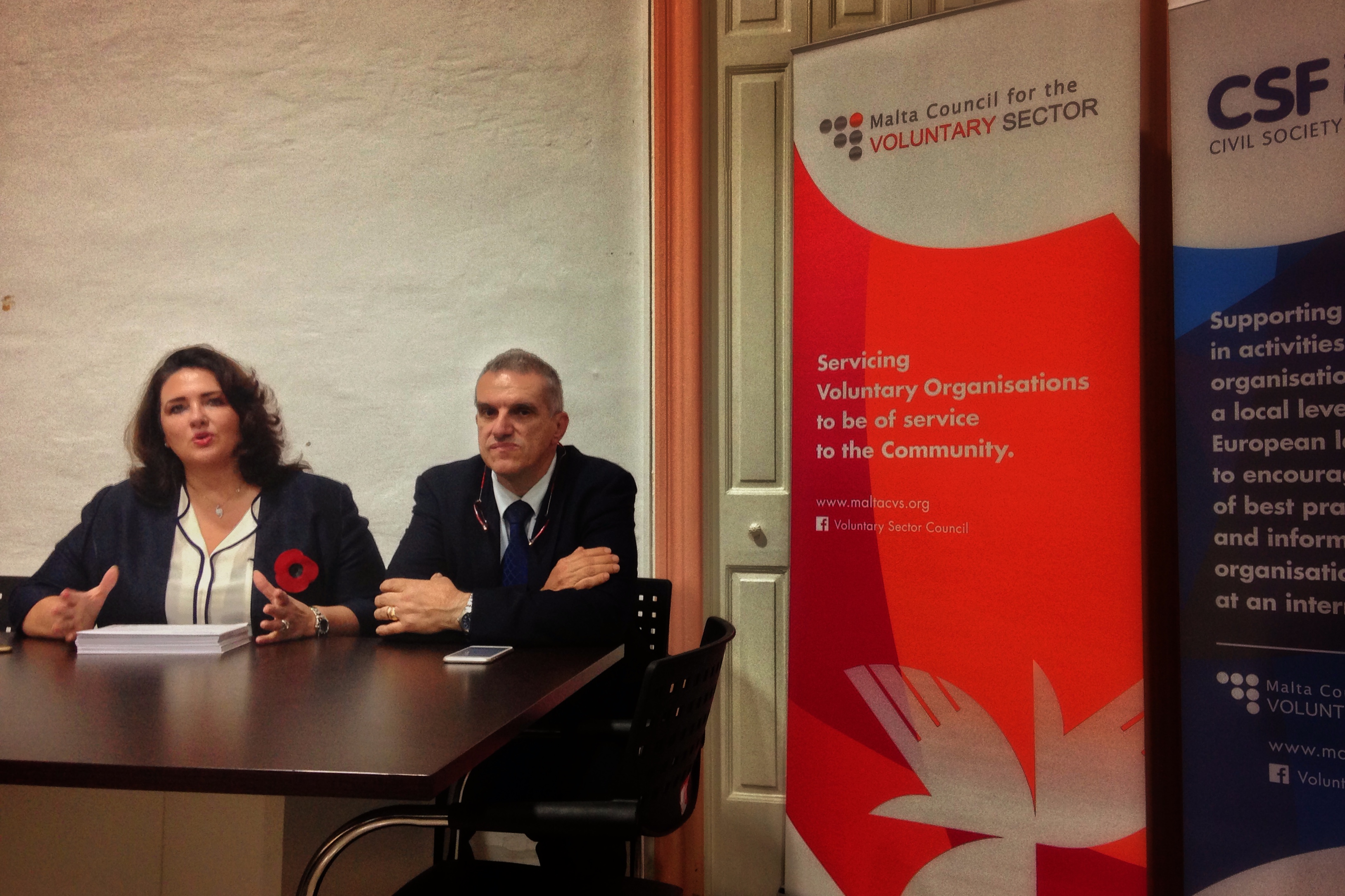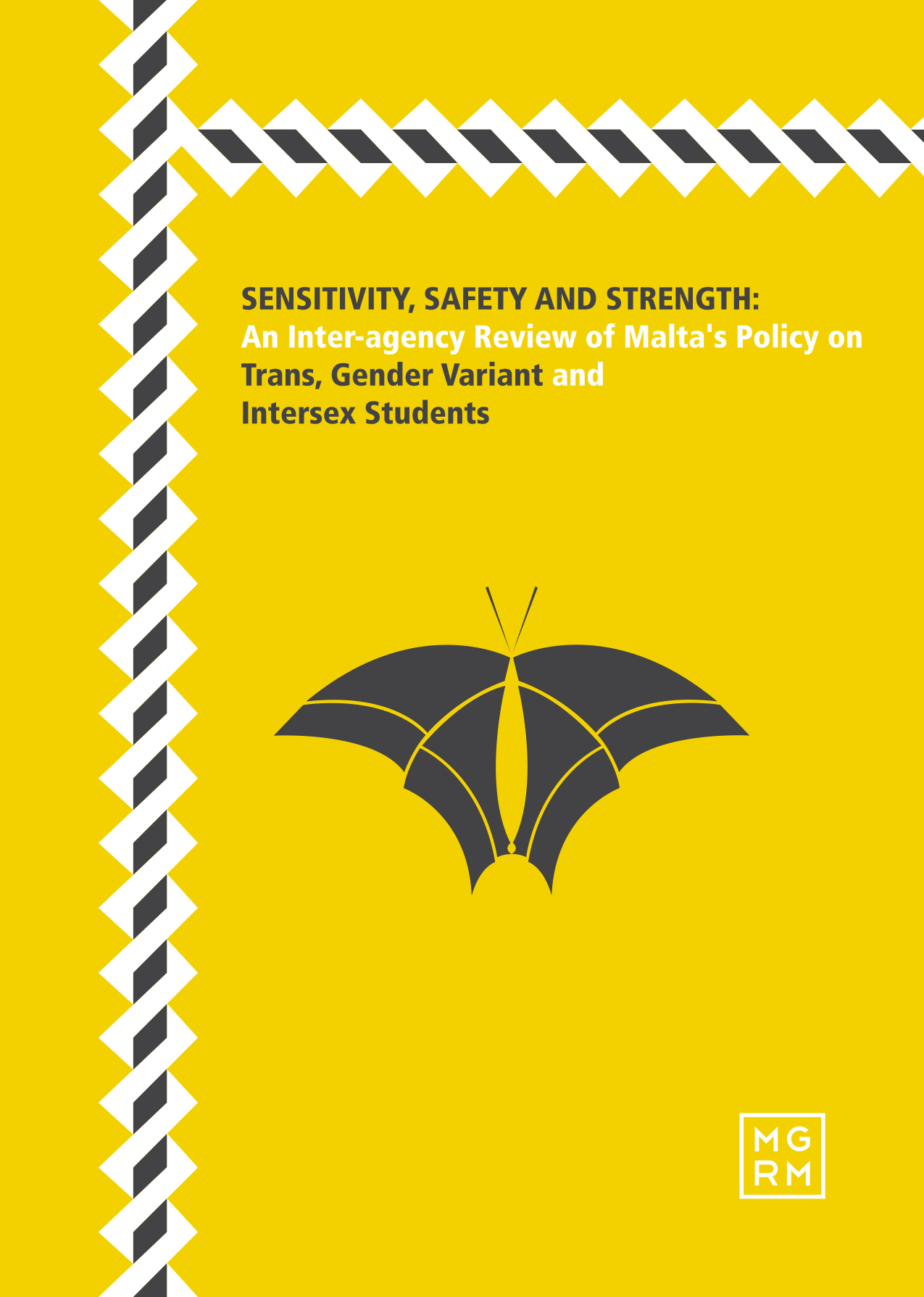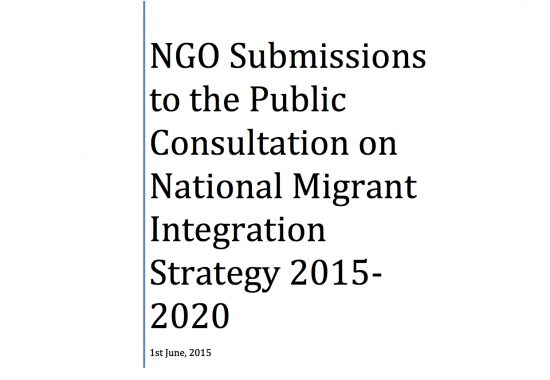Today we joined a long list of other NGOs to receive financial support from Minister Helena Dalli, Minister for Social Dialouge, Consumer Affairs and Civil Liberties (MSDC), for our work at the EU level.
Through the Civil Society Fund the Ministry enables civil society organisations to be active players in our respective sectors, thereby bridging the gap between EU-level policy-making and Maltese grassroots realities.
“The objectives of the Civil Society Fund (CSF) are the following:
- to assist CSOs to keep abreast with the developments occurring at an EU level;
- to enable CSOs to better educate their members on EU matters related to their respective fields of competence; and
- to enable CSOs to participate effectively in the decision-making process at a European level.”
We’ve been benefitting from the CSF for a number of years, particularly since we are keen to bring Malta’s migration/asylum realities on the EU agenda, and because we rely heavily on our networks to support our national advocacy, public awareness and litigation activities.
Specifically, the CSF contributes to our annual memberships with the Platform for International Cooperation on Undocumented Migrants (PICUM) and the European Council on Refugees and Exiles (ECRE). Through these memberships we receive regular news updates on EU legal and policy initiatives, and attend several training seminars and workshops that are aimed at influencing national and regional laws and policies.
The CSF contribution also enables our Director’s participation at ECRE’s Annual General Conferences, offering excellent networking and learning opportunities.
Importantly, the CSF also supports Neil’s participation in the meetings of the ECRE Board, where he represents ECRE’s member organisations based in the Mediterranean region.
“We’re extremely fortunate that the Ministry supports these kind of civil society activities.
This assistance makes the sector stronger and more effective, without impinging on our independence.”

Minister Helena Dalli


